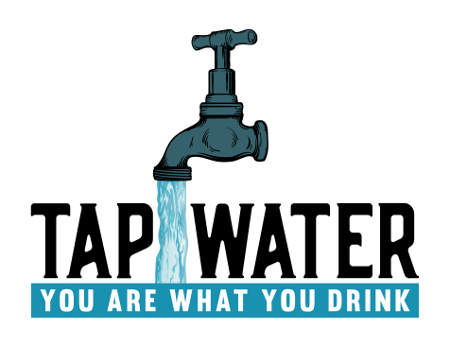
Can I drink the tap water?
How good is the tap water in Villeurbanne, France ?
All in all, 100% of folks here drink from the tap.
How good is the tap water in all of France?
All in all, 63% of folks here drink from the tap.
Can you drink the tap water in Villeurbanne then?
What residents and travelers say
Water quality experiences in Villeurbanne show some variability but generally align with standards expected in French urban areas. Many locals report the tap water as acceptable for drinking without additional treatment, though taste and mineral content can vary at the building or neighborhood level. In some older residential buildings, particularly those with outdated plumbing, residents occasionally notice a metallic or slightly chlorinated flavor, encouraging some to use simple filters or opt for bottled water occasionally. Newer developments and renovated areas tend to have fresher tasting water with fewer complaints.
Travelers often find the water safe but sometimes prefer bottled water due to habit or sensitivity to taste differences. Public fountains and refill stations are common in parks and public spaces, reflecting a local norm of tap water use for hydration and environmental mindfulness, but preferences differ.
- Taste varies by neighborhood and plumbing age; newer areas generally better.
- Many locals drink tap water directly, but some use basic filters for improved flavor.
- Bottled water remains popular among visitors and sensitive residents.
- Refill habits are common in public settings, supporting environmental initiatives.
- Older buildings may have intermittent taste issues due to pipe materials.
- Residents advise checking water quality if moving into older constructions.
For the most accurate and up-to-date information on Villeurbanne's water quality, it is recommended to consult official sources such as the Eau Rhône Méditerranée Corse regional water utility, the Villeurbanne Official Municipality Website, or health advisories from the Agence Régionale de Santé Auvergne-Rhône-Alpes. Additionally, broader regulatory context can be understood via the French Ministry of Health - Water Quality and the European Union Water Quality Directives. These resources help confirm local guidelines and regular testing results for those seeking peace of mind or detailed water quality data.
Further reading on tap water in Villeurbanne
To verify the current tap-water quality and advisories in Villeurbanne, consult the official website of Eau\" target=\"_blank\" rel=\"nofollow\">https://eaurmc.fr">Eau Rhône Méditerranée Corse, the regional water supplier. Additionally, the Villeurbanne municipal site and the Rhône department health agency provide updates on water quality. For national standards and alerts, the French Ministry of Health's portal and the European Union water quality directives sites are reliable. Official social media channels of these organizations may also share timely notices. Always refer to these authoritative sources to ensure the safety of your tap water.
- https://eaurmc.fr" rel="noopener" target="_blank">Eau Rhône Méditerranée Corse (regional water utility)
- https://www.villeurbanne.fr" rel="noopener" target="_blank">Villeurbanne Official Municipality Website
- https://www.auvergnerhonealpes.ars.sante.fr" rel="noopener" target="_blank">Agence Régionale de Santé Auvergne-Rhône-Alpes
- https://solidarites-sante.gouv.fr/sante-et-environnement/eaux/eaux-potables" rel="noopener" target="_blank">French Ministry of Health - Water Quality
- https://ec.europa.eu/environment/water/water-drink/index_en.html" rel="noopener" target="_blank">European Union Water Quality Directives